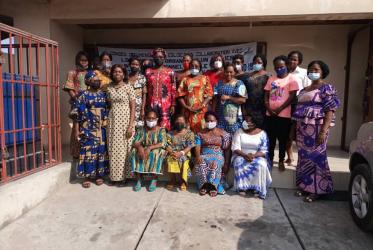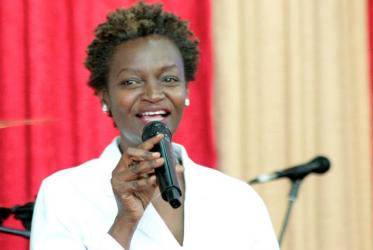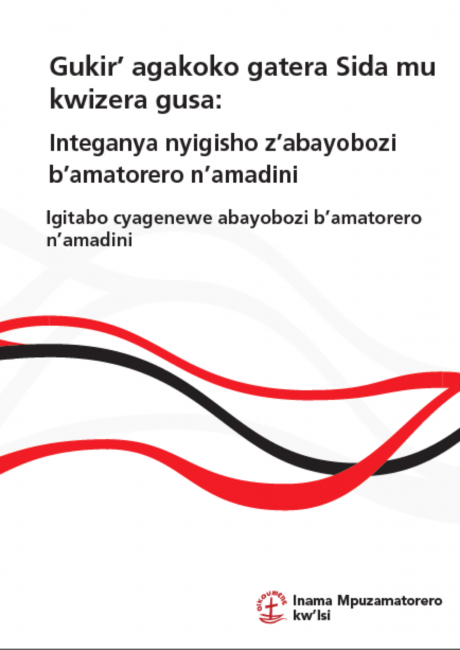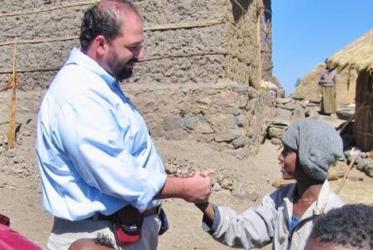Displaying 81 - 100 of 106
Churches offer some relief in Kenya’s drought disaster
16 September 2021
Walk the Talk
A Toolkit to Accompany the "Roadmap for Congregations, Communities and Churches for an Economy of Life and Ecological Justice"
31 August 2021
Parce Que Dieu M’aime - Affirmer Ma Valeur En Christ
Un programme d’éducation chrétienne contre la violence basée sur le genre
20 May 2021
La «guérison par la foi seule» face à l’infection au VIH
Manuel à l’usage des responsables religieux
15 February 2021
Treatment Adherence and Faith Healing in the Context of HIV and AIDS in Africa
Training Manual for Religious Leaders
25 October 2020














